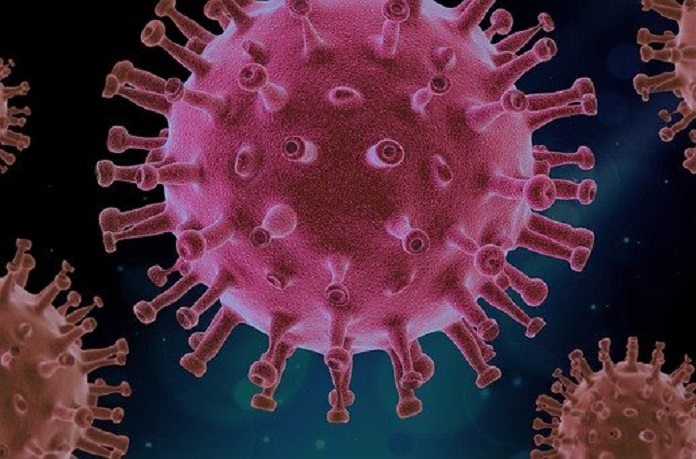Since the emergence of SARS-CoV-2 in December 2019, the virus has spread from Wuhan, China to the rest of the world. Currently labelled as a global pandemic, each country faces its own challenges with “flattening the curve” of emergent cases and working towards finding effective treatments.
Epidemiological data has been rigorously collected in hopes of finding more information about SARS-CoV-2, also known as COVID-19. The virus affects all age groups and genders, with high risk individuals being either 70+ years old, diagnosed with pre-existing conditions, or having co-morbidities. However, data has interestingly identified older men with chronic illnesses as having a higher COVID-19 susceptibility. This is consistent with previous epidemiological findings from the 2003 SARS outbreak, where men had a higher mortality rate than women.
To investigate why men with chronic illnesses are at a higher COVID-19 susceptibility, a team of researchers led by Dr. Adriaan Voors looked towards angiotensin-converting enzyme 2 (ACE2). ACE2 is a functional receptor for COVID-19 and SARS found on the surface of cells, meaning it has the capability of allowing the virus to enter and infect healthy cells. Patients with cardiovascular diseases taking medication to inhibit a pathway called renin-angiotensin-adolsterone system (RAAS) are reported to have increased concentrations of plasma ACE2. Thus, Dr. Voors conducted the study according to the use of RAAS inhibitors to measure the resulting plasma concentration of ACE2. Three types of RAAS inhibitors were used: angiotensin-converting enzyme inhibitors (ACE), angiotensin receptor blockers (ARBs), and mineralocorticoid receptor antagonists (MRAs).
Two large cohorts were formed from 11 European countries, both consisting of men and women with heart failure. The index cohort was designed to test the researchers’ hypotheses of higher ACE2 concentrations leading to increased COVID-19 susceptibility. The validation cohort was to further validate the findings. Blood samples were taken from each group to measure the plasma concentration of ACE2.
When analyzing the data, both cohorts revealed that men had higher concentrations of ACE2. This may have been attributed to the higher levels of ACE2 receptors in the testes and other organs in men. Individuals receiving ACE inhibitors or ARBs did not have higher concentrations of ACE2. This was consistent across both cohorts, with the validation cohort even showing a decreased concentration of ACE2. Individuals taking MRAs in the validation cohort did show a slight increase in ACE2 concentrations, but this was not shown in the index cohort.
As the first substantial study to examine the relationship between plasma ACE2 concentrations and RAAS inhibitors in cardiovascular disease patients, Dr. Voors concluded that there was no evidence that showed RAAS inhibitors to directly increase the concentration of plasma ACE2, and consequently had no effect on COVID-19 susceptibility. It was emphasized that RAAS inhibitor medication should not be stopped for heart failure patients at risk for COVID-19. It was also noted that more research would be needed to firmly establish a link between COVID-19 and ACE2 concentrations, with the study having several limitations such as only examining heart failure patients.
Nonetheless, as stated in the press release, “…this field is moving so rapidly that we now have two observational studies of ARB/ACE inhibitor use in hospitalized COVID-19 patients showing no augmented risk to COVID-19 patients and even suggesting possible benefit.”.
For a range of personal protective equipment, visit www.medofsupply.com
References:
Mason, Emma. “Men’s Blood Contains Greater Concentrations of Enzyme That Helps COVID-19 Infect Cells.” EurekAlert!, 10 May 2020, www.eurekalert.org/pub_releases/2020-05/esoc-mbc050720.php.
Sama, et al. “Circulating Plasma Concentrations of Angiotensin-Converting Enzyme 2 in Men and Women with Heart Failure and Effects of Renin–Angiotensin–Aldosterone Inhibitors.” Oxford Academic, European Heart Journal, 10 May 2020, academic.oup.com/eurheartj/advance-article/doi/10.1093/eurheartj/ehaa373/5834647.
Image by PIRO4D from Pixabay



